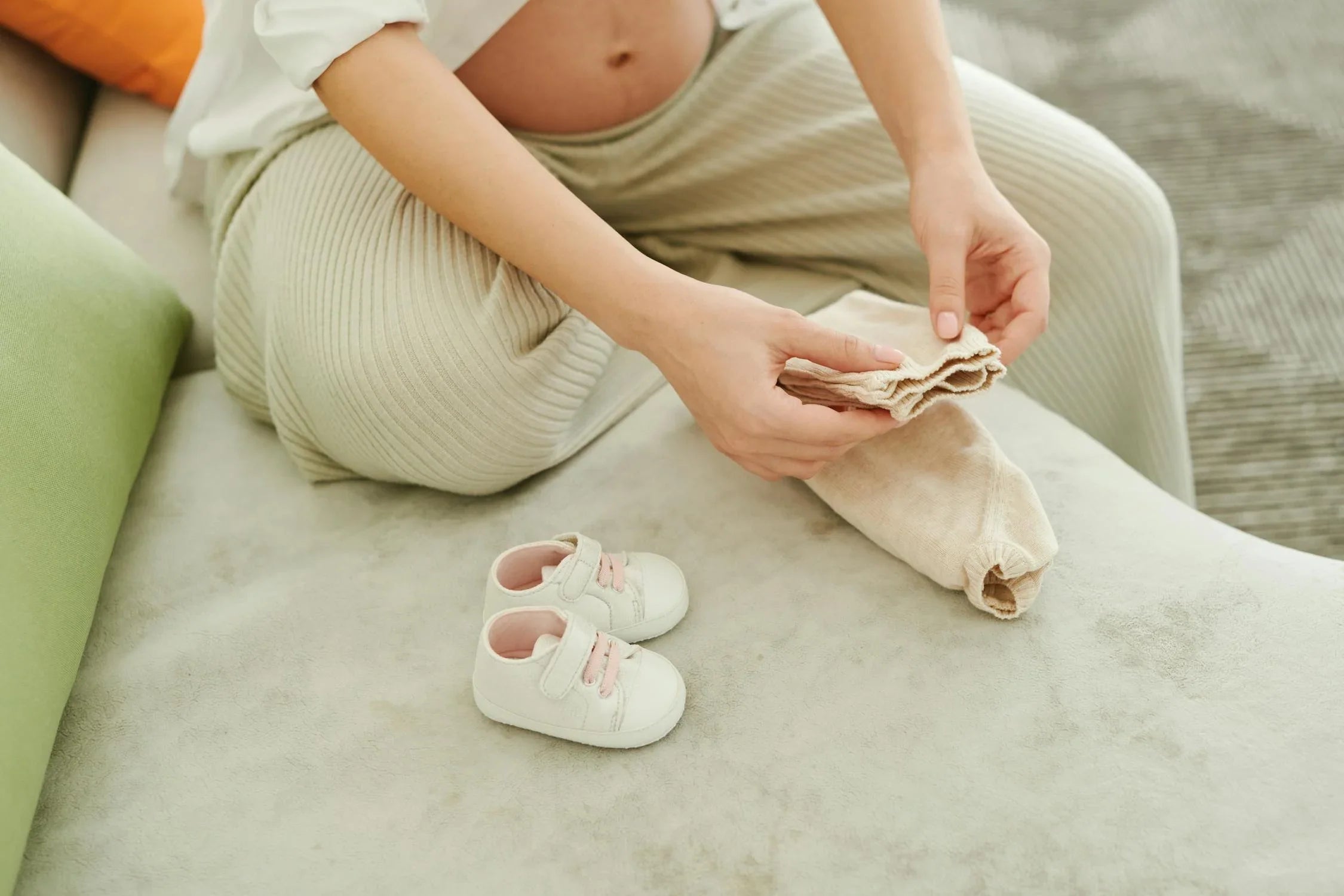Home
Pregnancy, Breastfeeding, and Pumping: The Ultimate Guide for Moms
How Many Days After Intercourse Will a Pregnancy Test Work

How Many Days After Intercourse Will a Pregnancy Test Work
When it comes to determining pregnancy, timing is everything. Many individuals wonder, 'How many days after intercourse will a pregnancy test work?' The answer lies in understanding the biological processes that occur after conception and the capabilities of modern pregnancy tests. This article will guide you through the science, timing, and best practices for accurate results.
The Science Behind Pregnancy Tests
Pregnancy tests detect the presence of human chorionic gonadotropin (hCG), a hormone produced by the placenta shortly after a fertilized egg attaches to the uterine lining. hCG levels rise rapidly in the early stages of pregnancy, doubling approximately every 48 to 72 hours. Most pregnancy tests are designed to detect hCG in urine, although some blood tests can detect it even earlier.
When Does Conception Occur?
Conception typically occurs when sperm fertilizes an egg, usually within 24 hours after ovulation. However, sperm can survive in the female reproductive tract for up to five days, meaning intercourse that occurs several days before ovulation can still result in pregnancy. After fertilization, the fertilized egg travels down the fallopian tube and implants into the uterine lining, a process that takes about 6 to 12 days.
How Soon Can a Pregnancy Test Detect hCG?
The earliest a pregnancy test can detect hCG is about 7 to 10 days after conception. However, this varies depending on the sensitivity of the test and the individual's hCG levels. Some highly sensitive tests claim to detect pregnancy as early as 6 days before a missed period, but accuracy increases significantly after the first day of a missed period.
Factors Affecting Test Accuracy
Several factors can influence the accuracy of a pregnancy test, including the timing of the test, the concentration of hCG in the urine, and the test's sensitivity. Testing too early can result in a false negative, as hCG levels may not yet be high enough to detect. Additionally, diluted urine, such as after drinking large amounts of water, can lower hCG concentration and affect results.
Best Practices for Taking a Pregnancy Test
To maximize the accuracy of a pregnancy test, it's best to wait until at least the first day of a missed period. Testing first thing in the morning, when urine is most concentrated, can also improve accuracy. Follow the instructions provided with the test carefully, and consider taking a second test a few days later to confirm results if the first test is negative but pregnancy is still suspected.
Understanding False Positives and Negatives
False positives, where a test indicates pregnancy when there is none, are rare but can occur due to certain medical conditions or medications. False negatives, where a test indicates no pregnancy when there is one, are more common, especially if the test is taken too early. If you receive a negative result but still suspect pregnancy, wait a few days and test again or consult a healthcare provider.
When to Consult a Healthcare Provider
If you have received a positive pregnancy test result, it's important to schedule an appointment with a healthcare provider to confirm the pregnancy and begin prenatal care. If you have concerns about the accuracy of your test results or experience unusual symptoms, consulting a healthcare provider is also advisable.
Determining the right time to take a pregnancy test can be a mix of science and patience. By understanding the process of conception, the role of hCG, and the factors that affect test accuracy, you can make informed decisions and increase the likelihood of obtaining reliable results. Whether you're hoping for a positive or negative outcome, knowing how many days after intercourse a pregnancy test will work empowers you to take control of your reproductive health.
Share
